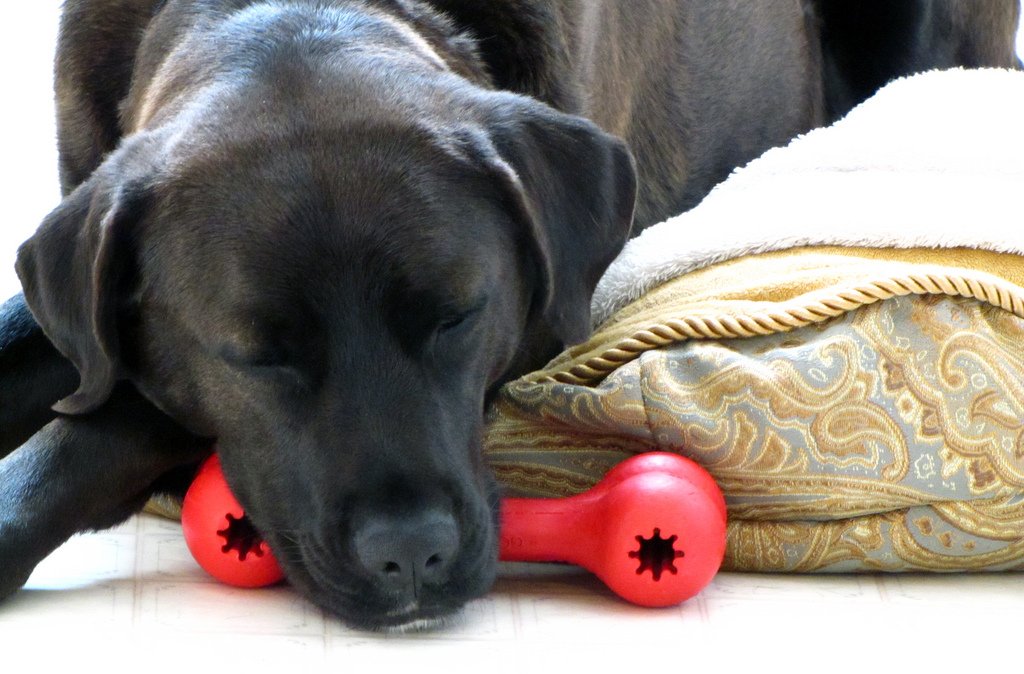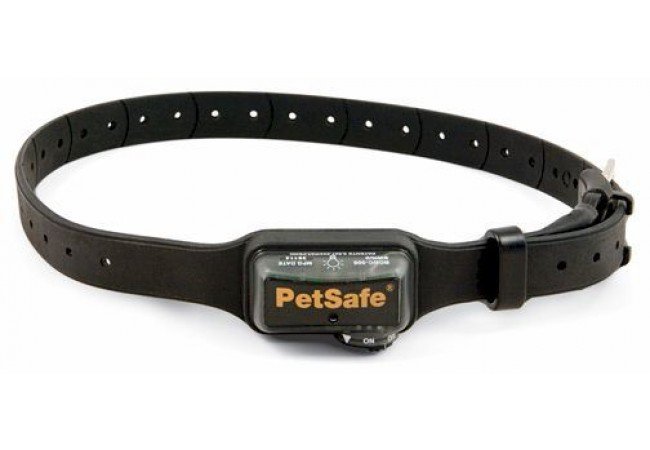Let’s face it, dogs do bark. There is no way around it. And they bark for different reasons.
Some dogs bark for good reasons like sounding the alarm, while others do it for no reason at all.
You can also say some breeds are more prone to barking than others, but the reality is that all puppies bark. And while barking is not much the problem, the bigger problem is how to make your dog being quiet at certain times. Or in other words, how to stop a puppy from barking.
Why do dogs bark?
The key to learning how to stop a puppy from barking is finding the root of the problem. As mentioned previously, dogs can bark for a variety of reasons.
Here is a quick breakdown of them:
- Dogs bark as giving a warning to another animal
- Sounding an alarm
- Dogs can bark as part of playing or instigating play
- Joining in the excitement of the moment
- Dogs bark for demanding a reaction
- Barking on a command
- Barking out of fear
- Dogs can bark due to need to drive another animal or object away
- And of course, for the sake of barking
In some cases, barking can be a combination of more than one reason. In some cases, you do not want to stop the barking.
For example, when dogs bark to sound the alarm.
However, when dogs are barking for no reason at all, you absolutely want to learn how to stop a puppy from barking.
With that in mind, here are a couple of techniques you can use.
Close his mouth
When your dog is barking at people and other animals, a head halter can do the trick. This little device will close your dog’s mouth, and prevent him from barking.
If you want to teach your dog not to bark, you can use a similar technique. And that is gently closing your dog’s mouth and guide your dog to acceptable behavior.
You can also try to move your dog’s head down, as a way to show him it is a punishment, but without hitting him.
If you introduce a halter, do so in an acceptable way. You want your dog to willingly accept the halter. Lift the leash when an unwanted bark happens, and guide your dog into a sit.
Move again, and change direction to create attention for your dog. This method helps you stop barking, gain attention, and then guide your dog to acceptable behavior.
Toys
Another way to make your dog stop barking is to keep him occupied. Or in other words, keep his mouth busy. How to do that? Toys, and more toys. When your dog has a toy in his mouth, he cannot bark.
This technique works mostly with dogs that come from the retriever nature, and love retrieving things. They will often pick up a toy, stick, or anything else and carry around to show their pleasure.
Just do not give your dog a toy during the barking process. He might understand and mistake it as a reward for barking.
Create distractions
In some cases, the key to stop a dog from barking is a distraction or an interrupter. Anything can serve as a distraction. The trick is to take his mind off of the stimulus to bark.
For example, clicker training is perfect for this method. But anything that can break the concentration on the barking will do the trick as well. You can even use everyday objects.
For example, slam the cupboard door or a draw when your dog is barking, and the noise will distract your dog. Carry on as normal.
The ignoring technique
We have to warn you, this technique works only if you are extremely patient. Think of how parents teach some babies to stop crying, they leave them in their crate until they stop crying on their own. Basically, you apply the same principle.
When your dog is barking, ignore him for as long as it takes for him to stop. Do not give him any attention.
Do not watch him, do not talk to him, do not touch him or anything else. Once your dog has stopped barking, reward him with a treat.
The downside here is that you have to wait for as long it takes for your dog to stop barking. If he barks for 10 minutes, you will have to wait 10 minutes and a few seconds more. It can get frustrating, but it is a technique that yields long-term results.
If you crack during barking, and yell or do something, he will learn that he can bark long enough until you give him attention.
Just remember, this technique works only inside, when you are in an enclosed area or in a crate. Outside, barking itself can be self-rewarding.
Take away whatever motivates the barking
If you identify the source of barking, you can easily remove some objects. For example, if your dog barks at people he sees through the front window, just close the window or put the dog in another room.
Eliminate the root of the barking, and you eliminate barking itself.
Crate training
For young puppies, crate training is essential. Puppies often bark in their crate. You can stop the barking by covering your puppy with a cloth sheet. This way, he is not stimulated to bark by what he sees.
The crate will also feel more secure for your puppy. Some puppies stop barking when they sleep in crate next to their owner.
Another option is to leave the belongings of yours with your smell and scent on them. It is just a way of your puppy feeling safe.
Little puppies do not understand the concept of being in different rooms yet, and when left alone, they think you are abandoning them.
Bark collars
Nowadays, there are a lot of bark collars on the market. These automatically set off an interrupter when the dog barks. Most tone or bark collars emit a loud and short tone at the first “woof”.
In most cases, that sound is more than enough to stop your puppy from barking. Other anti bark devices use scents that prevent barking, and others use an electric stimulation that limits the barking. All of them work.
Block scary sounds
Dogs have a much more developed sense of us. They can hear things miles away. And they can hear more deep sounds.
There are sounds that we are not hearing, but our dog is. And some of these scary sounds can encourage barking.
For example, inexperienced dogs may bark at the sound of fireworks, cars, and other noise machines. You can simply block scary sounds in your household by turning on the radio to normal volume.
Exercise
When your dog is exhausted, he is happy, and he will not walk. That is why, one way to stop and prevent barking is to take your puppy on multiple and short walks.
Hit the pavement, and enjoy the time you spend with your furry friend. Once he comes back, he will take a nap, and won’t bark at things he usually barks.
Schedule play time
Same as walks, playtime on a daily basis helps tire out your puppy. After that, he will not bark as much. Playing fetch with a ball, stick, or any other game is great for activities with your dog.
Remember, a tired and bored puppy is more likely to bark and manifest negative behavior. Spread your puppy’s playtime out throughout the day.
You can play in the morning, on your lunch break, when you come back from work, and in the evening.
Relive the boredom
Last, and also effective way to relieve boredom is chewing toys. When your dog has nothing to do at home, he might bark. Chew toys grab your puppy’s attention.
You can also find edible chew toys, or fill chew toys with tasty treats. Your puppy cannot bark and chew at the same time, right?
Final words
Whatever you do when you try to learn how to stop a puppy from barking, do not bark back. This is the biggest mistake you can make. Your puppy does not understand your language.
What he understands are the tone of your voice and your body language. Barking can be a joyful expression for some dogs. That is why you need to use a calm voice when addressing him.








